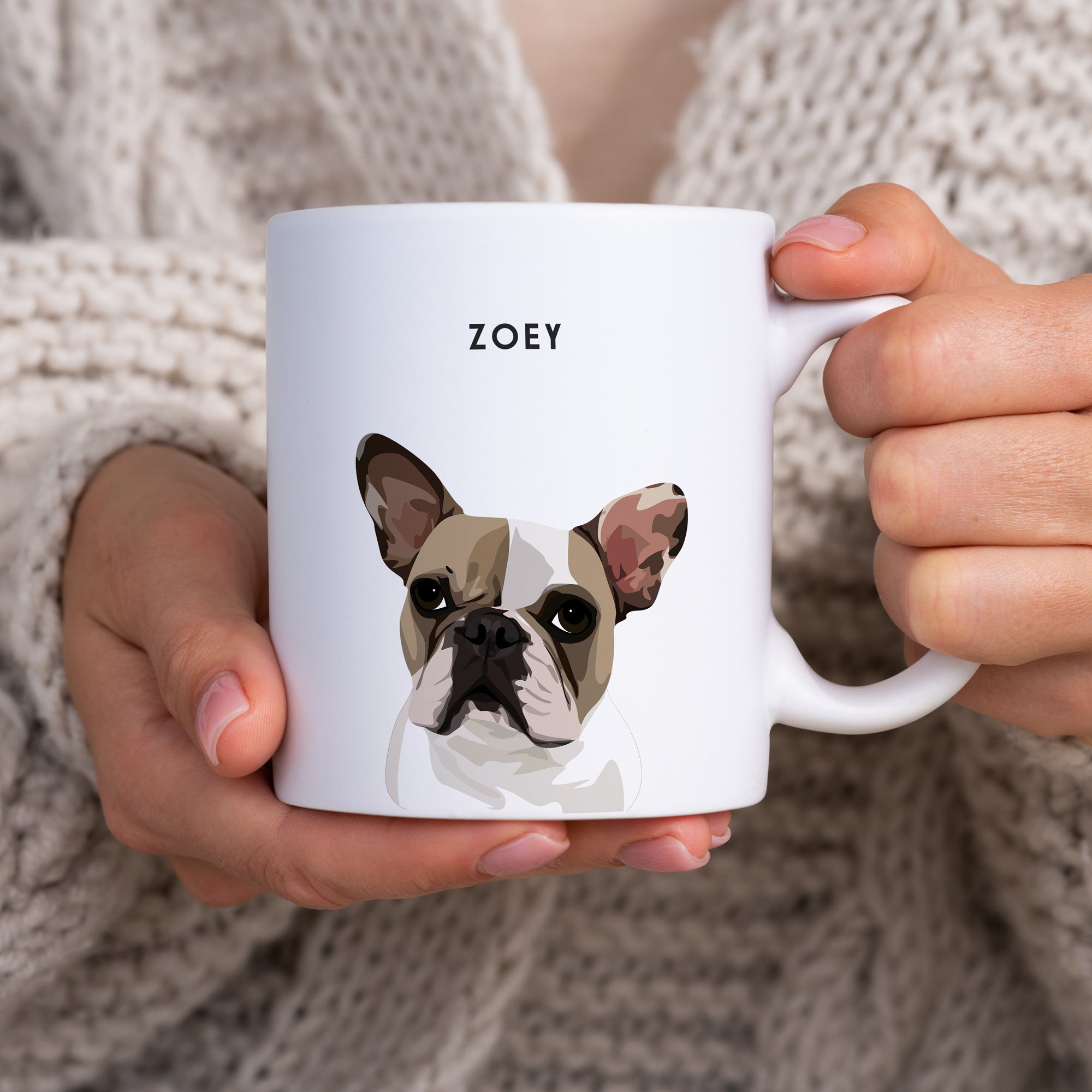Christmas trees are generally not highly toxic to dogs, but ingestion of tree needles, water, or decorations can pose serious health risks. To keep your dog safe, prevent access to tree water, use pet-safe decorations, and train them to stay away from the tree. With proper precautions, you can enjoy a festive and worry-free holiday season with your furry friend.
Christmas Trees and Dogs
Dogs are naturally curious creatures. A Christmas tree with its new scents, shiny ornaments, and twinkling lights is like a giant playground for them. Dogs are often drawn to the novelty of the tree, and the piney scent can be particularly enticing to their sensitive noses.
There are several types of Christmas trees commonly used in households. Fir, pine, and spruce trees are among the most popular. Each has a unique fragrance, needle structure, and durability. While they bring beauty to your home, understanding their characteristics is essential to identify any risks to your dog.
Are Christmas Trees Toxic
The good news is that most Christmas trees are not highly toxic to dogs. However, ingestion of certain parts of the tree can still be harmful. If a dog chews on or eats tree needles, they may experience gastrointestinal irritation leading to symptoms such as vomiting, diarrhea, or excessive drooling. While the toxicity is usually mild, the physical effects of ingestion can cause discomfort and distress for your pet.
Potential Hazards from Natural Christmas Trees
Tree needles can pose significant risks for dogs. If ingested, they may irritate the stomach lining or puncture the gastrointestinal tract due to their sharpness. Needles can also create blockages, especially if consumed in large quantities. Even if your dog does not seem to have an immediate reaction, ingestion of tree needles should be taken seriously.
Another hidden danger comes from the water used to keep natural trees fresh. Tree water often contains preservatives, fertilizers, or bacteria that can be harmful if consumed by dogs. Dogs may be tempted to drink the water, so it is important to keep it covered or inaccessible.
Are Artificial Christmas Trees Safer?
Artificial trees are often considered a safer alternative, but they are not without risks. Dogs who chew on artificial branches or decorations may ingest small pieces of plastic or metal, which can cause intestinal blockages or injuries. The materials used in artificial trees are generally not toxic, but the physical hazards they present should not be overlooked. When comparing natural and artificial trees, both have potential dangers, so taking precautions with either type is essential.
Decorations and Ornaments
The decorations on a tree can be as enticing to a dog as the tree itself. Glass ornaments are particularly dangerous as they can shatter if knocked down, leading to cuts or injuries. Some ornaments may also contain toxic materials like lead or heavy metals, posing an additional risk if chewed or ingested.
Tinsel and ribbons are festive but can be hazardous if your dog decides to nibble on them. These shiny string-like decorations can cause severe intestinal blockages requiring emergency surgery in some cases.
Other Holiday Plants to Watch Out For
Beyond Christmas trees, there are several other holiday plants that can be toxic to dogs. Poinsettias, while mildly toxic, can cause drooling or stomach upset if ingested. Mistletoe and holly are more dangerous and can lead to severe gastrointestinal distress, difficulty breathing, or even cardiovascular issues if consumed. Always keep these plants out of reach of your pets.
Preventive Measures for Dog Owners
To minimize risks, consider placing your Christmas tree in a location that is less accessible to your dog. Corner spaces or rooms with doors are great options. Training your dog to stay away from the tree can also be helpful. Use commands like leave it or stay consistently, and reward your dog for good behavior.
Supervision is key. Keep an eye on your dog whenever they are near the tree to prevent mishaps. If you cannot supervise them, consider using barriers like pet gates to block access to the tree.
Safe Decorating Tips
Choose pet-safe decorations made from non-toxic shatterproof materials. Avoid using tinsel, ribbons, or ornaments that resemble toys or treats. Place delicate or potentially harmful items higher on the tree where your dog cannot reach them. Using secure hooks or ties for ornaments can also prevent accidents.
What to Do If Your Dog Ingests Something Harmful
If your dog shows signs of illness such as vomiting, diarrhea, excessive drooling, or lethargy after being around the Christmas tree, contact your veterinarian immediately. Provide details about what your dog may have ingested and follow their advice. In some cases, you may need to visit an emergency clinic for treatment.
Here's the Complete Breakdown
| Artificial Christmas Trees | |
| Part | Toxic to Dogs? |
|---|---|
| PVC or PE plastic needles | Non-toxic, but choking hazard |
| Metal trunk | Non-toxic |
| Pre-strung LED lights | Electrical hazard |
| Optional artificial snow | Potentially toxic |
| Natural Christmas Trees | |
| Part | Toxic to Dogs? |
|---|---|
| Pine, fir, or spruce needles | Mildly toxic |
| Wood trunk | Non-toxic |
| Tree sap | Mildly toxic |
| Water with preservatives | Potentially toxic |
| Optional artificial snow | Potentially toxic |
Note: For both types of trees, additional decorations like ornaments may pose varying levels of toxicity or choking hazards depending on their materials and size.
Conclusion
The joy of the holiday season can be shared with your dog as long as you take steps to ensure their safety. By understanding the potential hazards of Christmas trees, decorations, and other festive items, you can create a pet-friendly environment that allows everyone to enjoy the festivities worry-free. Stay vigilant, use pet-safe options, and treasure this magical time with your furry companion.
For more information on keeping your pets safe during the holidays, consult your veterinarian or check out trusted resources like the ASPCA or Pet Poison Helpline. Have a happy and safe holiday season!
FAQs
Are Christmas trees toxic to dogs?
Most Christmas trees are not highly toxic to dogs, but ingestion of needles, water, or decorations can cause gastrointestinal irritation or other health issues. Taking precautions can help prevent these risks.
What are the dangers of tree needles for dogs?
Tree needles can irritate a dog's stomach lining or puncture the gastrointestinal tract. They may also cause blockages if consumed in large quantities, making it important to keep your dog away from fallen needles.
Is tree water safe for dogs to drink?
Tree water often contains preservatives, fertilizers, or bacteria that can be harmful to dogs. Cover the water or use barriers to prevent your pet from drinking it.
Are artificial trees safer for dogs than real ones?
Artificial trees are generally not toxic, but chewing on branches or ingesting plastic or metal parts can cause blockages or injuries. Both real and artificial trees have risks, so proper precautions are necessary.
What should I do if my dog eats something harmful from the Christmas tree?
If your dog shows signs of illness such as vomiting, diarrhea, or lethargy, contact your veterinarian immediately. Be prepared to describe what your dog may have ingested and follow their advice.


